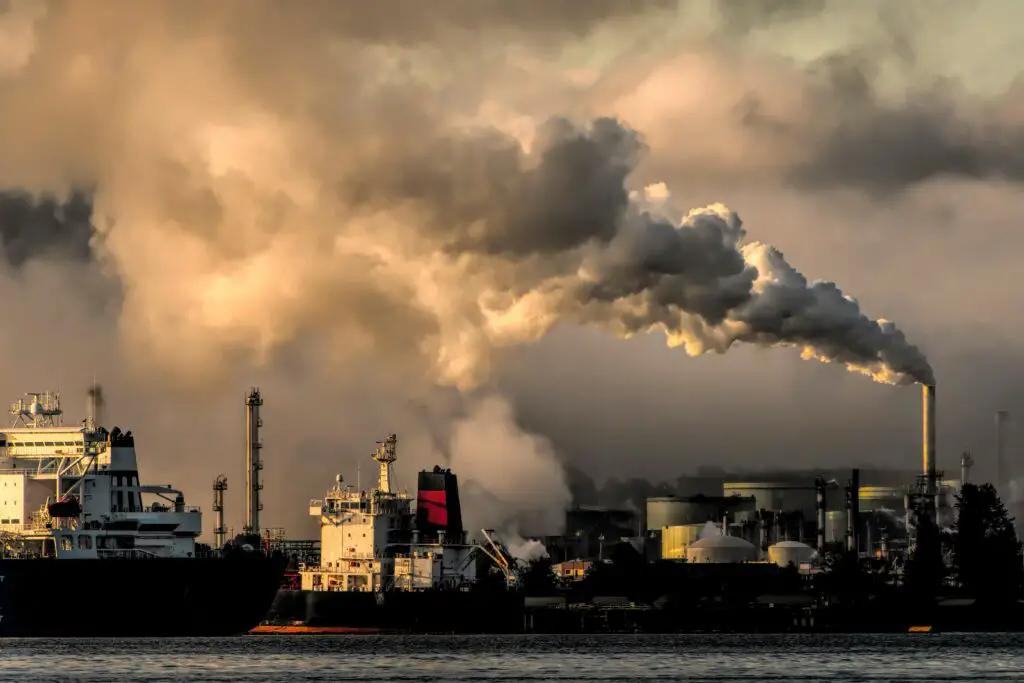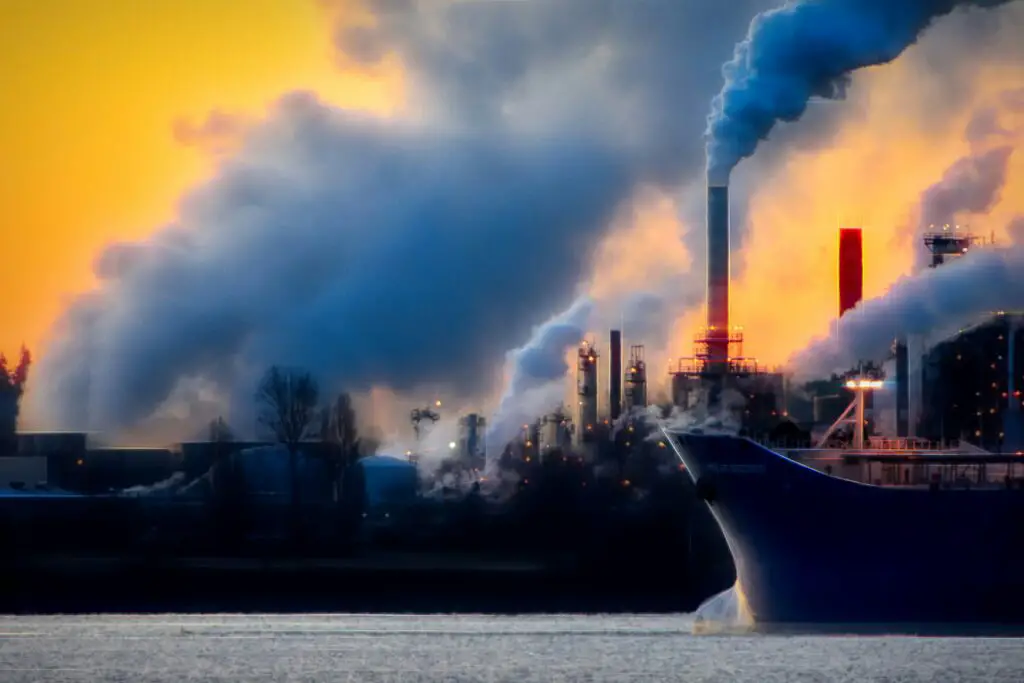Breathe Easy: The Truth About Air Pollution
What is Air pollution
Introduction
Air pollution is the presence of harmful substances in the air .These pollutants can come from various sources and can meaningfully impact our health and the environment. Clean air is essential for our well-being, and when air quality weakens, it poses serious risks to our health, affects ecosystems, and can lead to economic losses. Understanding air pollution, its causes, effects, and solutions is crucial for creating a better world.

Causes of Air Pollution
- Vehicle Emissions: One of the primary sources of air pollution is the emissions from vehicles. Cars, trucks, buses, and motorcycles release pollutants like carbon monoxide(CO2), nitrogen oxides(NO2), and particulate matter(PM) into the atmosphere. In urban areas, where traffic congestion is common, vehicle emissions contribute significantly to poor air quality.
- Industrial Activities: Factories and industrial plants often release pollutants into the air as a by product of manufacturing processes. These emissions can include volatile organic compounds (VOCs), sulfur dioxide, and heavy metals. For example, a coal-fired power plant emits large amounts of sulfur dioxide, which can contribute to acid rain and respiratory problems.
- Domestic Products: Many everyday household products release harmful chemicals into the air. Cleaning supplies, paints, and aerosol sprays can emit VOCs, which contribute to indoor air pollution. For example, using a spray can of air freshener may make your home smell nice, but it can also introduce harmful chemicals into the air.
- Agricultural Practices: Agriculture is another significant contributor to air pollution. The use of fertilizers and pesticides can release ammonia and other harmful substances into the air. Also, livestock farming produces methane, a strong greenhouse gas that contributes to climate change.
- Natural Causes: While human activities are the main contributors to air pollution, natural events can also play a role. Wildfires, volcanic eruptions, and dust storms can release large amounts of particulate matter and gases into the atmosphere, affecting air quality in surrounding areas.

Effects of Air Pollution
- Impact on Human Health: Air pollution has severe health values. Introduction to polluted air can lead to respiratory diseases, cardiovascular problems, and even premature death. According to the World Health Organization (WHO), air pollution is responsible for millions of deaths each year, making it a critical public health issue.
- Environmental Damage: Air pollution can harm the environment in various ways. Pollutants can lead to acid rain, which damages forests, lakes, and soil. Additionally, sure pollutants, like sulfur dioxide and nitrogen oxides, can contribute to the formation of smog, which reduces visibility and harms ecosystems.
- Economic Consequences: Poor air quality can have significant economic impacts. Health care costs related to treating air pollution-related illnesses can burden individuals and governments. Also, industries such as tourism may suffer in areas with high levels of air pollution, leading to decreased revenue for local businesses.
- Effects on Wildlife: Air pollution does not only affect humans; it also harms wildlife. Animals can suffer from respiratory problems due to polluted air, and ecosystems can be disrupted by changes in air quality. For instance, positive bird species may be affected by changes in food availability caused by polluted environments.

Case Study: Delhi’s Air Pollution Crisis
One of the most alarming examples of air pollution is found in Delhi, India. Over the years, Delhi has struggled with severe air pollution, particularly during the winter months. The situation is often degraded by various factors, including vehicle emissions, industrial activities, and crop burning in neighbouring states.
In 2019, Delhi’s air quality reached hazardous levels, warning authorities to declare a public health emergency. Residents experienced severe respiratory problems, and visibility was reduced due to thick smog. Schools were closed, and outdoor activities were restricted to protect citizens from the harmful effects of the polluted air.
The government implemented several measures to address the crisis, such as shutting down construction sites, increasing public transportation options, and regulating industrial emissions. However, addressing the issue of air pollution in Delhi remains an ongoing challenge that requires constant efforts from both the government and the community.
Solutions to Air Pollution
- Promoting Clean and green Energy: Transitioning to clean energy sources, such as solar, wind, and hydroelectric power, can significantly reduce air pollution. By decreasing our dependance on fossil fuels, we can lower emissions and improve air quality.
- Inspiring Public Transportation: Promoting the use of public transportation can help reduce the number of vehicles on the road, leading to fewer emissions. Governments can invest in efficient public transit systems to make them more accessible and appealing to commuters.
- Reducing Domestic Emissions: Individuals can take steps to reduce air pollution in their homes. Using eco-friendly cleaning products, improving ventilation, and avoiding the use of aerosol sprays can help minimize indoor air pollution.
- Supporting Rules and Regulations: Advocating for policies that regulate emissions from vehicles and industries is important for improving air quality. Citizens can support initiatives that promote cleaner technologies and hold businesses accountable for their environmental impact.
- Raising Awareness and Education: Educating the public about air pollution and its effects is key for fostering positive change. Communities can organize events, workshops, and campaigns to raise awareness and inspire individuals to take action in their daily lives.

Conclusion
Air pollution is a significant threat to our health, the environment, and the economy. By understanding the causes and effects of air pollution, we can take action to improve air quality and protect our planet. The case of Delhi’s air pollution crisis serves as a powerful reminder of the values of neglecting air quality and the need for proactive measures.
Everyone has a role to play in reducing air pollution, from individuals making sensible choices to communities working composed for cleaner air. Let’s commit to protecting our air, supporting sustainable practices, and advocating for rules that confirm a better future for all. Together, we can create a cleaner and better world for ourselves and future generations!

NZbo asb xkmZQLs nLUb vJYgS